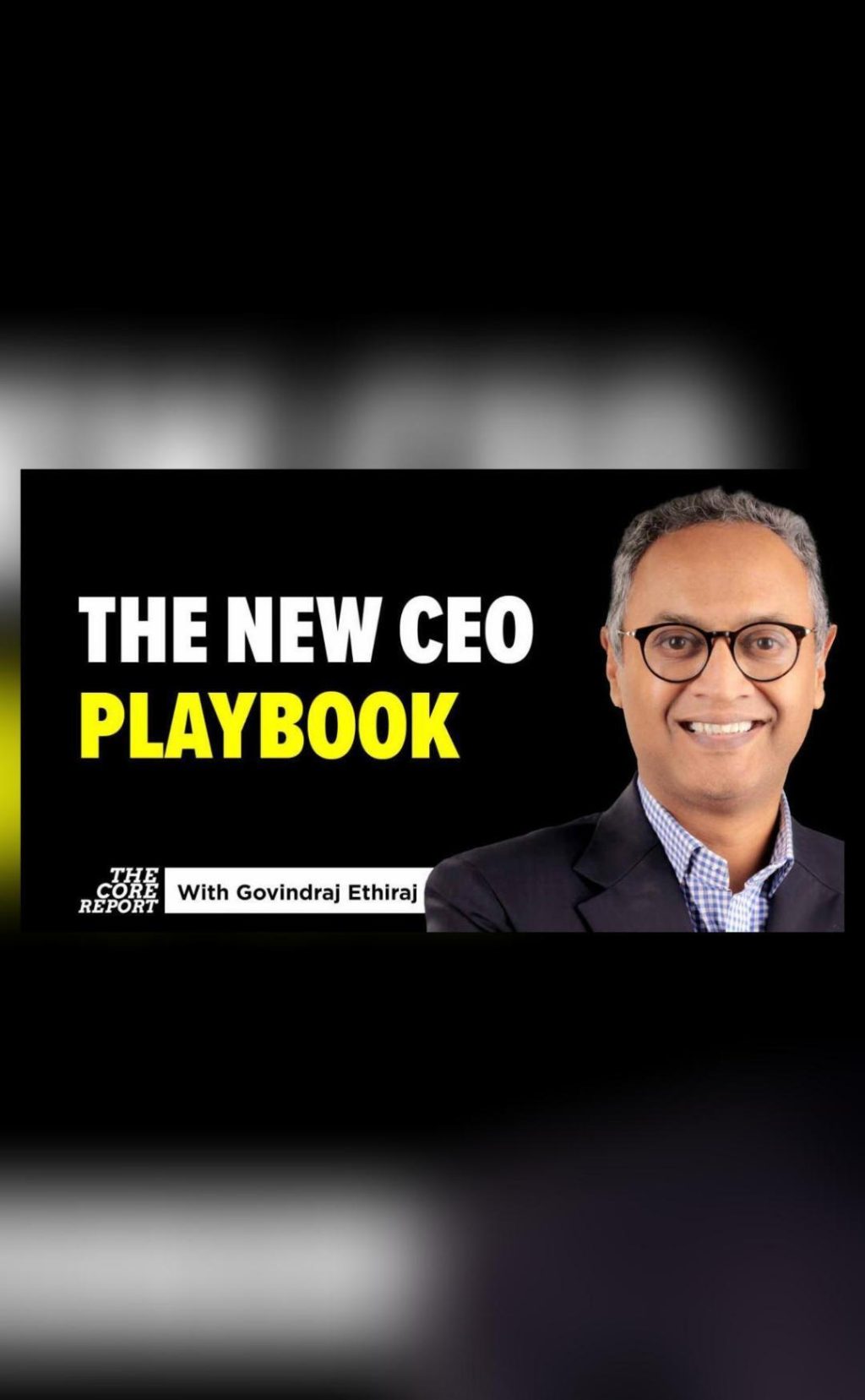
The New CEO Playbook: AI Pressures & Global Tariff Shocks
The world of business is undergoing a seismic shift, with artificial intelligence (AI) redefining industries and global tariff shocks disrupting trade. As CEOs navigate this treacherous landscape, they are facing unprecedented challenges that require a radical rethink of strategy and operations. In this blog post, we’ll explore the new CEO playbook for success in a world where stability is no longer a given.
Internal Pressures: The AI Imperative
The need to automate and innovate is no longer a suggestion, but a necessity. AI is transforming industries, from customer service to manufacturing, and CEOs must ensure their companies are at the forefront of this revolution. The pressure to adopt AI is coming from both within and outside the organization. Customers are demanding more personalized experiences, and competitors are already leveraging AI to gain a competitive edge.
For instance, a recent study by McKinsey found that companies that adopt AI are more likely to experience significant revenue growth and improved customer satisfaction. However, the same study also revealed that only 5% of companies have fully implemented AI across their organizations. This gap between potential and reality is a significant concern for CEOs, who must prioritize AI adoption to remain competitive.
External Pressures: Global Tariff Shocks
While AI is reshaping industries from within, global tariff shocks are disrupting trade from without. The ongoing trade war between the United States and China, as well as rising protectionism in other parts of the world, is creating uncertainty and volatility in global markets. CEOs must navigate this complex web of tariffs, quotas, and trade agreements to ensure their companies remain competitive and compliant.
The impact of tariffs is far-reaching, affecting everything from supply chains to consumer prices. A recent study by the National Bureau of Economic Research found that tariffs can lead to inflation, job losses, and reduced economic growth. For CEOs, the challenge is to mitigate these risks while still meeting customer demands and maintaining profitability.
The New CEO Playbook
In the face of these unprecedented challenges, CEOs must develop a new playbook for success. Here are some key strategies that can help:
- Localize and Adapt: In a world where trade policies are constantly shifting, CEOs must be willing to adapt and localize their operations. This may involve establishing new production facilities, sourcing materials from local suppliers, or reconfiguring supply chains to minimize disruption.
- Invest in AI: AI is no longer a nice-to-have, but a necessity for companies that want to remain competitive. CEOs must prioritize AI adoption, investing in training data, infrastructure, and talent to ensure their companies are equipped to take advantage of AI’s transformative potential.
- Reconsider Business Models: The old business models that worked in the past may no longer be viable in a world where AI and tariffs are reshaping industries. CEOs must be willing to challenge their assumptions and develop new business models that are better suited to the changing landscape.
- Build Resilience: With no guarantee of stability, CEOs must prioritize building resilience into their companies. This involves developing diversified revenue streams, reducing debt, and maintaining strong cash reserves to weather the inevitable storms that will come.
- Foster Collaboration: In a world where trade policies are constantly shifting, CEOs must be willing to collaborate with other companies, governments, and industry associations to navigate the complexities of global trade. This may involve forming new partnerships, advocating for policy changes, or participating in industry-wide initiatives to promote trade and economic growth.
Conclusion
The new CEO playbook is not just about adapting to the latest trends and technologies, but about developing a long-term strategy that can weather the storms of AI and tariffs. By localizing and adapting, investing in AI, reconsidering business models, building resilience, and fostering collaboration, CEOs can position their companies for success in an uncertain world. As the video below highlights, the stakes are high, but the rewards are worth the risk.
Source: https://youtu.be/0osLVVtj7tY






